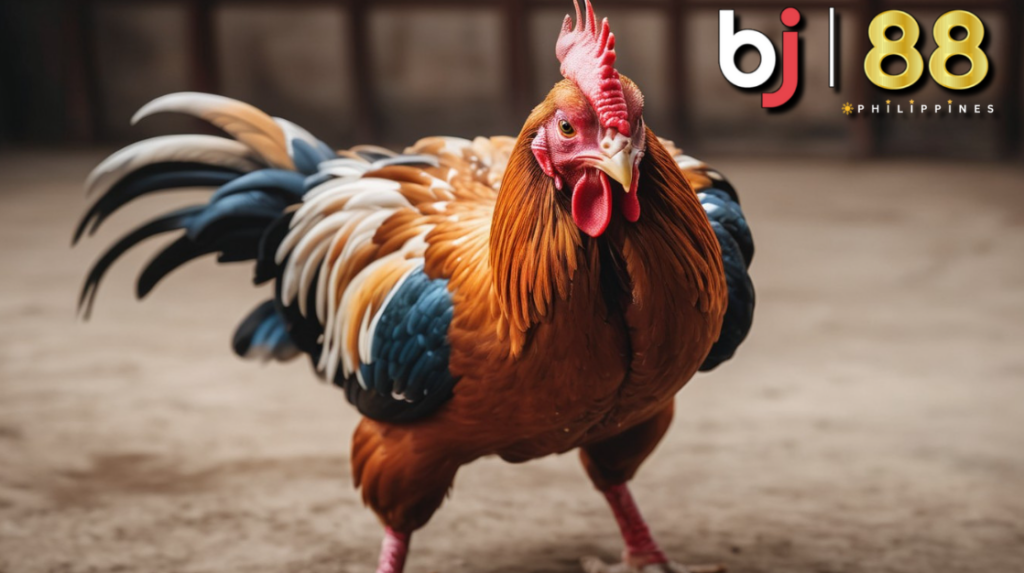In the world of poultry farming, protecting your flock from infectious diseases is paramount to ensuring their health and productivity. Marek’s disease, a highly contagious viral illness, poses a significant threat to poultry populations worldwide. Discover the importance of Marek’s disease vaccination and how it can safeguard your flock from this devastating disease.

As poultry farmers, we understand the challenges and risks associated with maintaining a healthy and thriving flock. Marek’s disease, caused by the Marek’s disease virus (MDV), is one of the most pervasive and economically damaging diseases affecting poultry worldwide. Characterized by tumors, paralysis, and immunosuppression, Marek’s disease can wreak havoc on poultry flocks, leading to significant losses in productivity and profitability.
Fortunately, Marek’s disease vaccination offers a powerful tool for preventing and controlling the spread of this deadly virus. In this article, we’ll explore the importance of Marek’s disease vaccination for safeguarding your flock’s health and well-being. From understanding the mechanics of the disease to implementing effective vaccination protocols, we’ll equip you with the knowledge and resources you need to protect your flock against Marek’s disease.
UNDERSTANDING MAREK’S DISEASE
The Threat of Marek’s Disease Marek’s disease poses a significant threat to poultry health and welfare, with devastating consequences for affected flocks. The virus primarily targets young chickens, causing tumors to develop in various organs, including the nerves, skin, and internal organs. In addition to tumor formation, Marek’s disease can also lead to paralysis, immunosuppression, and increased susceptibility to secondary infections, further compounding the severity of the disease.
Modes of Transmission Marek’s disease spreads rapidly among poultry populations through direct and indirect contact with infected birds, as well as through exposure to contaminated environments. The virus is shed in feather dander, dust, and feces, making it highly contagious and difficult to control. Once introduced into a flock, Marek’s disease can spread quickly, leading to widespread morbidity and mortality if left unchecked.
THE POWER OF MAREK’S DISEASE VACCINATION
Preventing Disease Transmission Marek’s disease vaccination plays a crucial role in preventing the spread of the virus and protecting susceptible poultry populations. By vaccinating chicks at an early age, farmers can stimulate their immune systems to recognize and neutralize the Marek’s disease virus, reducing the likelihood of infection and disease transmission within the flock.
Enhancing Immune Response Vaccination primes the immune system to mount a rapid and effective response against Marek’s disease virus upon exposure, significantly reducing the severity of clinical signs and disease progression. By boosting immunity to Marek’s disease, vaccination helps to minimize the risk of tumor formation, paralysis, and other debilitating effects associated with the virus.
IMPLEMENTING EFFECTIVE VACCINATION PROTOCOLS
Early Vaccination Early vaccination is key to maximizing the effectiveness of Marek’s disease vaccination and providing long-lasting protection for poultry flocks. Chicks should be vaccinated within the first day of life or as soon as possible thereafter to ensure optimal immune priming and protection against Marek’s disease.
Proper Administration Proper administration of Marek’s disease vaccine is essential for achieving optimal results and minimizing the risk of vaccine failure. Follow manufacturer recommendations for vaccine dosage, route of administration, and storage conditions to ensure vaccine viability and efficacy. Use sterile equipment and techniques when administering vaccines to minimize the risk of contamination and adverse reactions.
Conclusion:
Protecting your flock from Marek’s disease is essential for maintaining poultry health, welfare, and productivity. Marek’s disease vaccination offers a powerful and effective means of preventing disease transmission and minimizing the impact of this devastating virus on poultry flocks. By understanding the mechanics of the disease, implementing effective vaccination protocols, and prioritizing flock health and biosecurity, poultry farmers can safeguard their flocks against Marek’s disease and ensure their long-term success and profitability.
